IMPACTASSETS 50™
An Annual Showcase of Impact Investment Fund Managers
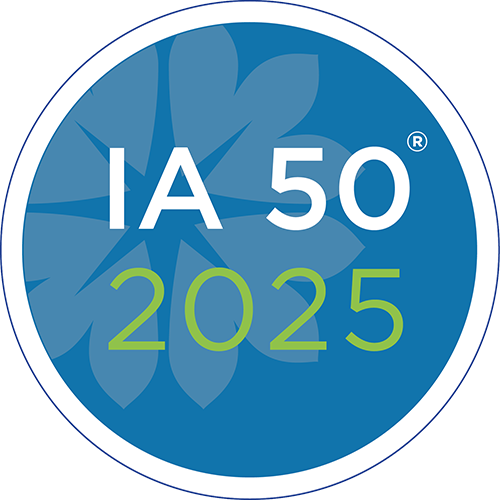
ImpactAssets 50
An Annual Showcase of Impact Investment Fund Managers
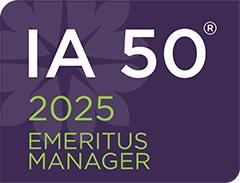
Iroquois Valley Farmland
REIT, PBC
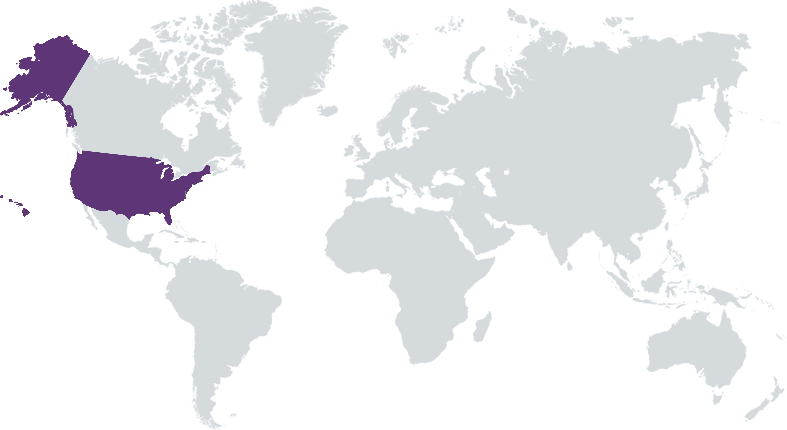
 Climate Change
Climate Change Food Systems and Agriculture
Food Systems and Agriculture Natural Resources and Conservation
Natural Resources and ConservationFirm Overview
Iroquois Valley is an organic farmland finance company that supports independent organic farmers nationwide with access to land and operating capital through innovative leases, mortgages, and lines of credit. The Company began operations in 2007 with a handful of investors financing the organic transition of one farm in Iroquois County, IL and has since grown with the support of more than 900 investors financing a portfolio of approximately 30,000 acres through more than 160 unique transactions. Iroquois Valley raises investor capital through REIT Equity Shares (equity) and Rooted in Regeneration Notes (debt). The Company invests in opportunities that have been sourced from independent organic farmers with specific farmland and financing needs. The Company considers new investments on a deal-by-deal basis with an internal underwriting process that balances financial risk and return alongside social and environmental impact. We take a holistic approach to underwriting, evaluating both qualitative and quantitative factors.
Years of Operation: 10 years or more
% of Capital from Top 3 Investors: Less than 25%
Iroquois Valley raises capital from mission-aligned investors to provide land security and operating capital to independent organic farmers, catalyzing an array of positive financial, social, and environmental impacts.
Conventional agriculture is a significant contributor to the social and environmental challenges we face today but remains well-financed by traditional investment capital. Financing organic farm operations is more complicated, as transitioning and maintaining a farm from chemically-dependent conventional methods to USDA Organic Practices takes knowledge, resources, time, and trust. Iroquois Valley invests in independent organic farmers who require patient, enlightened capital to support them through transition, growth, restructuring, and expansion. By investing where traditional lenders will not, Iroquois Valley catalyzes a wide range of social and environmental impacts by working with farmers who are committed to land stewardship. They are growing food in ways that restore and regenerate soils and ecosystems to support sustained life on our planet.
Traditional farmland funds pool money from a limited number of investors and target a specific financial return at a pre-determined exit point without considering the impact of this model on the farmer, the land, the nutritional value of food, or human health. Iroquois Valley's model contrasts with the traditional farmland investment model described above. The Company responds to a specific farmer's needs and finances the land. The Company incentivizes the transition to organic by offering favorable terms during the transition years. The Company agrees to hold the land indefinitely, offering farmers long-term land security. The Company raises capital from a broad base of mission-aligned investors, growing the portfolio while offering liquidity to investors through company stock repurchases. The Company has not sold land to pay investor redemptions and expects that it won't be required to in the future. The cash returns (dividends) paid to investors are based on shared risk.
Investment Example
Schroeder Grazing Company is a dynamic operation that is a standout in our portfolio. Run by Rod and Kelly Schroeder and their two daughters, this family-owned business has over 20 years of experience in raising and marketing 100% grass-fed and finished cows and sheep. One of the most exciting aspects of the Schroeders' operation is their involvement in solar grazing. This new venture involves working with solar companies to graze sheep in pastures with solar array installations, creating a symbiotic relationship between renewable energy production and regenerative agriculture. The leased land from Iroquois Valley is instrumental in this initiative, providing the necessary space to expand their herd and support local solar grazing opportunities. Our support has enabled the Schroeders to expand their operation, embrace new opportunities like solar grazing, and maintain their dedication to organic-regenerative farming.
Leadership and Team
 |
Christopher Zuehlsdorff – CEO More Info
Chris serves as Chief Executive Officer at Iroquois Valley, where he combines his investment management experience and personal background in support of the strategic vision of the organization. Prior to joining Iroquois Valley, Chris was Senior Managing Director and Co-Head of Global Investments at EnTrust Global, an alternative investment firm based in New York. He was a member of the Management Committee and the Global Investment Committee. As a senior investment professional, Chris covered most asset classes and investment strategies across both public and private markets. |
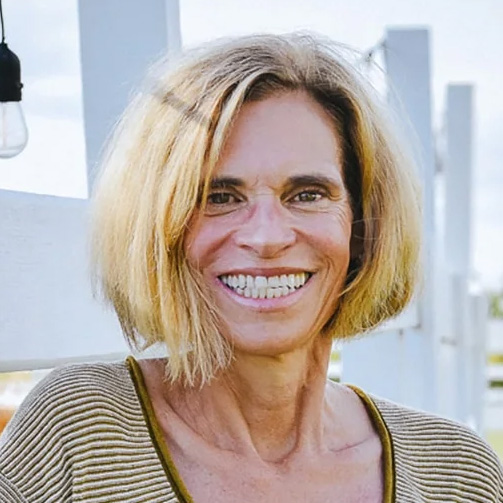 |
Donna Holmes – Managing Director, Investor Relations More Info
In Donna’s role at Iroquois Valley Farmland REIT, she shares the Company’s vision and investment strategy with investors and prospects. She is responsible for expanding our investor base by building a community of like-minded investors. Donna is passionate about creating an opportunity for all people to reap the health benefits of nutritional food, grown in a sustainable and socially just society. Using her knowledge of finance and investing, Donna structures investment vehicles to address investors’ different needs and goals. She believes in Iroquois Valley’s triple bottom line principles, actively securing social, environmental, and financial returns for our investors. |
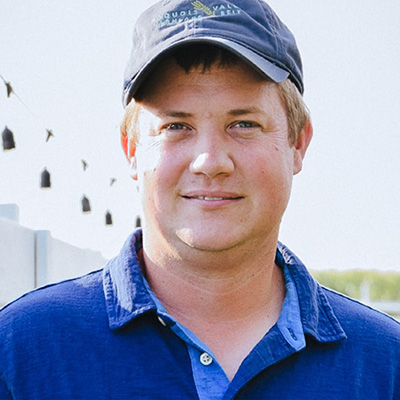 |
Andy Ambriole – Managing Director, Farmland Investments More Info
Andy, his wife Catie, and their 4 children farm approximately 1,400 acres of certified organic land in northern Indiana. Crops grown include corn, soybeans, wheat, and barley along with numerous species of cover crops. He has been a tenant of the Company since 2012 and an equity shareholder from 2012 to 2019. He has served on the Board of Directors since Iroquois Valley’s establishment as a REIT and public benefit corporation at the end of 2016. He has also served on the Investment Committee since that committee’s establishment in 2018. |
Financial Performance
Impact Performance
|
Percentage of Total Assets Under
Management that are Impact Investments: |
100%
|
Our due diligence process reviews farmer businesses for three primary impacts: environmental, social, and production of nutrient-dense foods. By investing exclusively in organic and regenerative farmers, we establish a threshold for supporting impacts to the natural environment. We evaluate specific practices related to soil health, water quality, animal welfare (if applicable), and conservation. Our social impact lens focuses on who is making decisions on the farm and how those decisions are made. This includes the make-up of employees and their employment relationships with farmers, the succession plan, and more. Women are involved in decision-making on approximately 70% of the farms we have invested in. Currently, BIPOC farmers make up 9% of our unique farmer relationships. We are continuing to build relationships with organizations that support farmers of color.
During underwriting, we evaluate the social and environmental impact of a specific farm in a variety of ways, including the employment practices of that farm/er, wages paid to its employees, the treatment of livestock (if applicable), the conservation practices, and the use of natural resources including water, energy, and agriculture inputs. The company will pass on an investment opportunity if the farm/er does not meet stated company standards, or if the farm/er raises previously unforeseen red flags. We recently performed an internal audit of our investment-making process form a bias perspective, using publicly available resources to compare our process to government and licensed lenders. We identified room for improvement to further eliminate bias in our process, and we continue our commitment to anonymizing applications and reviewing approval protocols.
Impact Tracking and Monitoring
Learn More
1720 W Division Street, Chicago, IL 60622
Apply for the IA 50 2022
The application period to become an ImpactAssets 50 2022 Fund Manager will open in September 2021!
To stay informed on the application process, sign up here.
